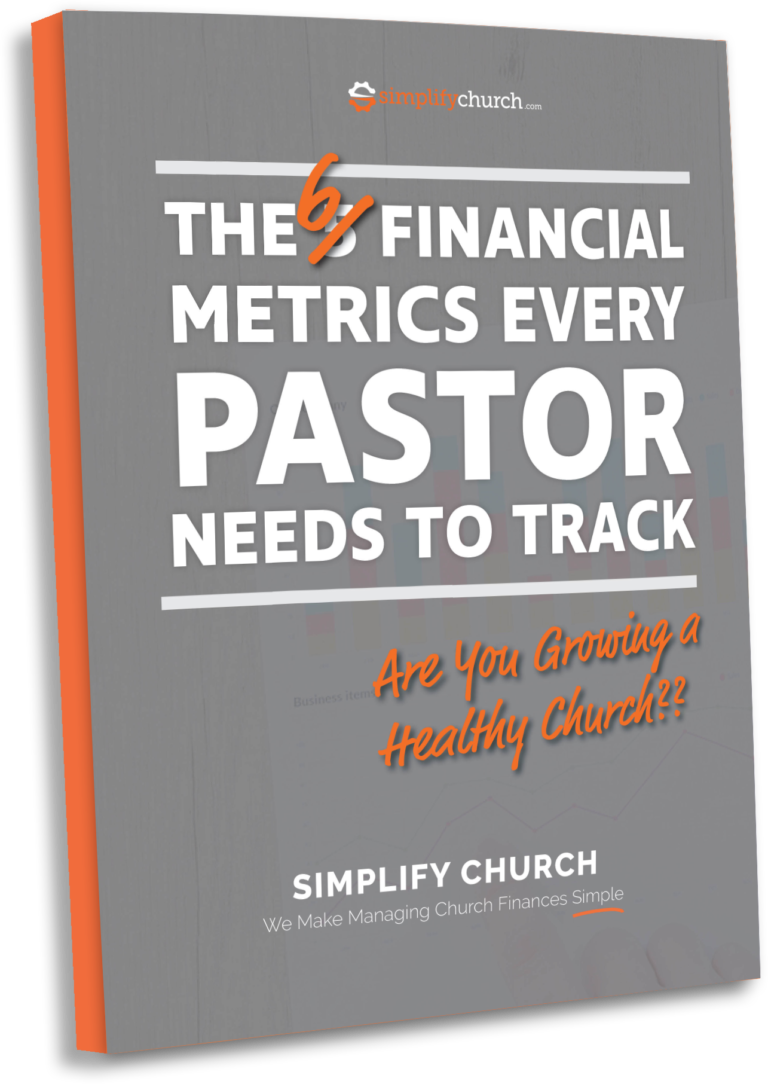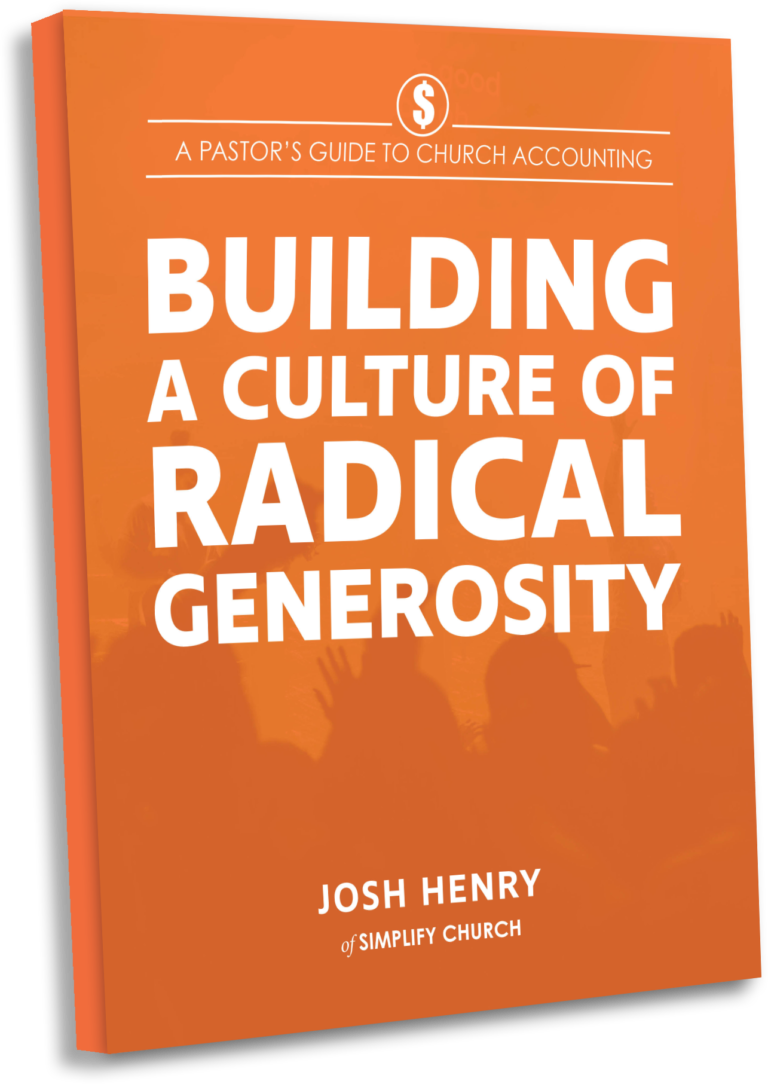Pre-pandemic, this was already a controversial topic for churches. But in an era where fewer people are choosing to attend physical church services, more pastors are asking the question: “What should success at my church look like?”
For many years, a large number of churches in the United States focused on one singular number – the number of weekly attendees. They asked the questions, “How many people do we have and how can we get more people in the doors?”
Our culture in America naturally celebrates “big.” It’s easy for us to approach church with the same mentality…that “bigger is better.”
We often equate the size of the church with the success of the church.
Or at least many of us did prior to the pandemic. Now, many churches are relying on digital services, or limiting the number of physical attendees in accordance with health and safety guidelines. The shift has caused many pastors to question their approach and what these changes means for the success and effectiveness of their church and ministry.
Numbers Aren’t Everything
The first thing to remember is that while numbers can be a helpful tool, they are not the only measure of success.
Did you know that even pre-pandemic, the average church had less than 100 in attendance? While there is something to be said for analyzing why a church isn’t growing, numbers definitely don’t paint the entire picture.
So as we move forward in an era of social distancing and pandemic uncertainty, how should we measure success in church?
Here are four things to consider as we re-evaluate the matrix we use to measure church growth.
1. Begin with Your Mission and Vision
What specific purpose has God given your church? Are you being faithful to that mission? What elements of your mission or vision remain true and what elements need to shift in this season?
2. Examine Your Growth Engines
These are usually the things your church does to either reach new people or that help your people grow spiritually. In what ways are you reaching new people? In what ways are you helping your members grow? Are your current methods effective in this season or do you need to try something different?
3. Measure Against Your Goals
What goals did you set for your church this year? As circumstances shifted, did you recalibrate those goals? If not, take some time to rethink your goals and adjust as needed. Then look at what practical action steps will move you closer to your goals. Are you taking these steps?
4. Think Big Picture
Ultimately how is your church doing at loving God and loving others? How are you doing at fulfilling the Great Commission? Our mandate to love God and others remains constant regardless of where or when or how we gather together.
Ultimately, there is no one right way to measure success in church. But my hope is that you find encouragement in knowing that small does not equal ineffective. The number of people physically coming into your building is not an accurate measure of spiritual health, growth or success, especially in these times.
Do you have a specific way that you measure success or maintain an analysis of your church activities? Have those measures shifted this year?




